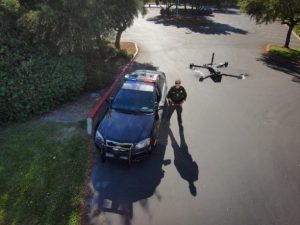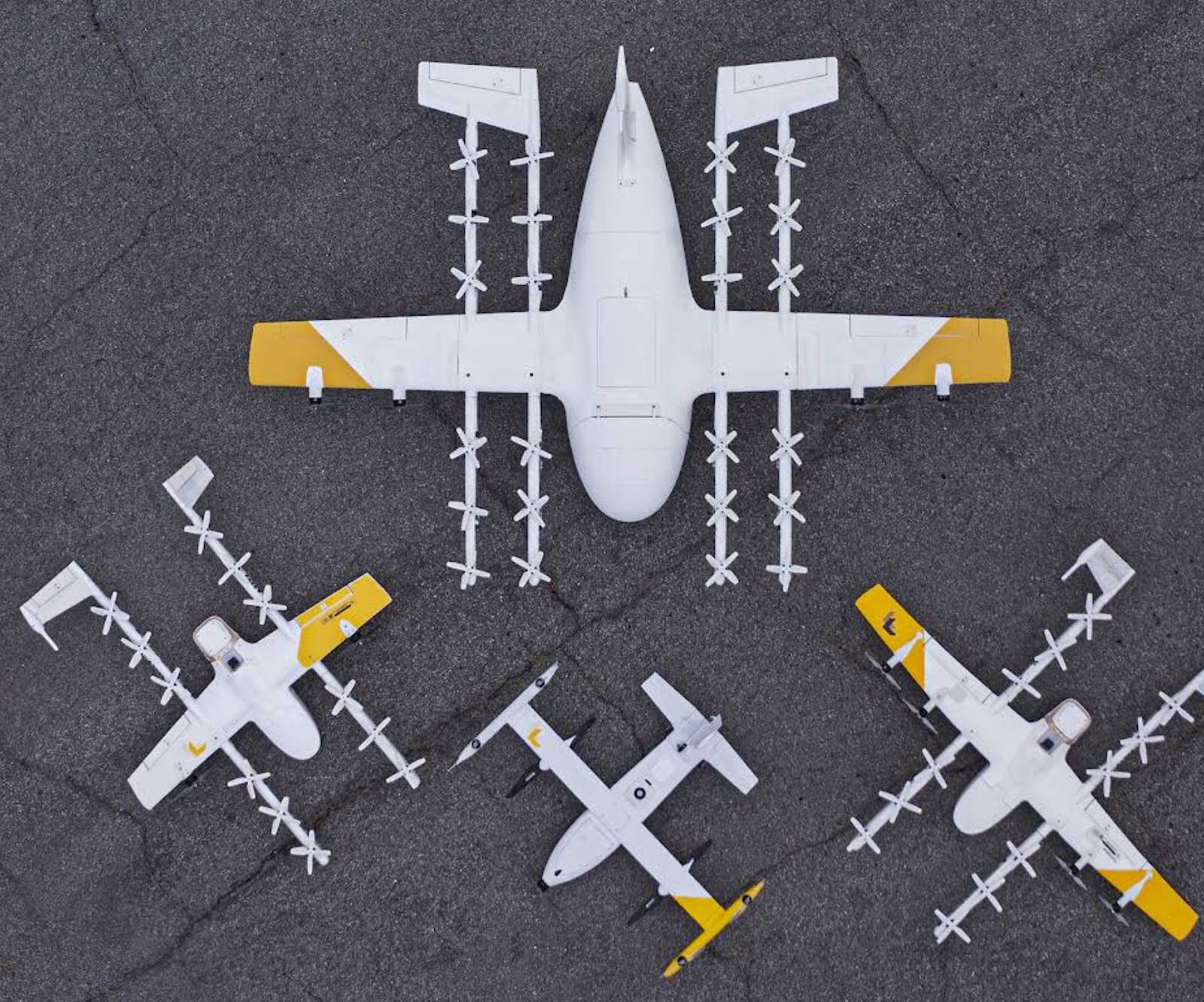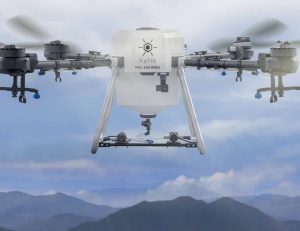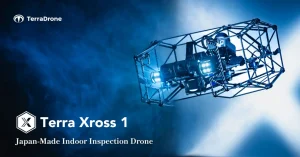The Future of Aviation: ASTM Drone Standards
The aerospace sector is on the brink of transformation as the ASTM International committee has unveiled new drone standards that could revolutionize commercial aviation. These standards aim to ensure safety, efficiency, and interoperability in the rapidly evolving drone market.
What Are ASTM Standards?
ASTM International, widely recognized for developing voluntary consensus standards, has been diligently working to establish a framework for drone operations. Their focus is on enhancing safety protocols, operational guidelines, and performance metrics that could become essential for commercial drone users.
Importance of Standardization
Standardizing drone operations is crucial, as it builds trust among both businesses and regulators. With clear guidelines in place, organizations can easily integrate drone technology into their operations while complying with safety regulations. This standardization process is expected to pave the way for more widespread adoption of large drones in various industries.
Impact on Commercial Applications
The newly introduced standards will not only facilitate regulatory approval but also open new doors for commercial applications. Industries such as agriculture, logistics, and public safety stand to benefit immensely, as improved standards provide a clearer path for deploying drone technology effectively.
Conclusion
As the aviation industry progresses, ASTM’s standards are set to play a pivotal role in shaping the future of drone operations. By fostering safer and more reliable drones, these regulations will encourage innovation and integration across various sectors.
Read more about the future of drones and standards here.













